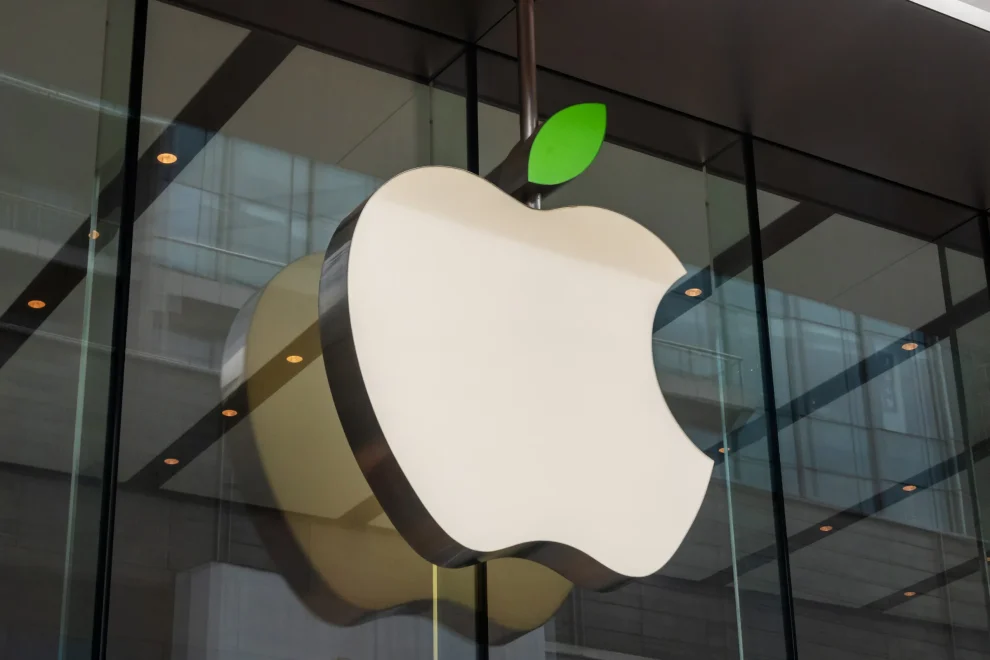Clash of the Titans: Privacy at the Forefront
Apple has consistently positioned itself as a champion of user privacy, implementing features that grant users greater control over their data. One such feature is App Tracking Transparency (ATT), which requires app developers to obtain explicit user consent before tracking them across different apps and websites. This emphasis on privacy has been a significant selling point for Apple devices, attracting users wary of invasive data collection practices.
Meta, in contrast, has faced ongoing criticism for its data practices. The Cambridge Analytica scandal, where user data was harvested without proper consent, significantly damaged the company’s reputation. Although Meta has pledged to improve its privacy practices, the company still heavily relies on user data for targeted advertising, a core component of its business model.
The “Llama” in the Room: Why Meta Wasn’t Invited to the Party
Meta’s “Llama” chatbot, a large language model (LLM) designed to perform tasks such as generating creative content and providing informative answers, boasts impressive capabilities. However, Apple’s decision to reject “Llama” indicates that functionality alone wasn’t sufficient; privacy concerns were the decisive factor.
Apple’s integration of a privacy-centric AI competitor, such as OpenAI’s ChatGPT, aligns with the company’s established values. While OpenAI is not without its controversies, it adopts a more transparent approach to data collection compared to Meta. This transparency likely resonated more with Apple’s leadership.
Beyond Privacy: Divergent Visions for AI Integration
In addition to privacy concerns, there may be fundamental differences in how Apple and Meta envision AI integration within their products. Apple’s focus on enhancing user experience through a tightly controlled ecosystem may not align well with Meta’s openness to third-party applications and data sharing.
Apple’s recent advancements in developing its own AI hardware, such as the neural engine chips in its devices, suggest a desire for a more self-contained AI experience within its ecosystem. Partnering with a company like Meta, which operates a vast network of social media platforms, could potentially disrupt that vision.
The Road Ahead: Open Questions and Future Collaborations
Although Apple has halted talks with Meta for now, this does not necessarily close the door on future collaborations. The AI landscape is continually evolving, and both companies might eventually find common ground on privacy and user experience.
This episode underscores Apple’s commitment to user privacy as a core value when selecting AI partners. It also raises questions about whether Meta can convincingly address privacy concerns to meet the standards required by companies like Apple.
The battle for AI supremacy in the tech industry is far from over. As these companies continue to develop more sophisticated AI tools, the choices they make regarding user privacy will be crucial in determining which platforms gain consumer trust and ultimately succeed in the long run.
















Add Comment